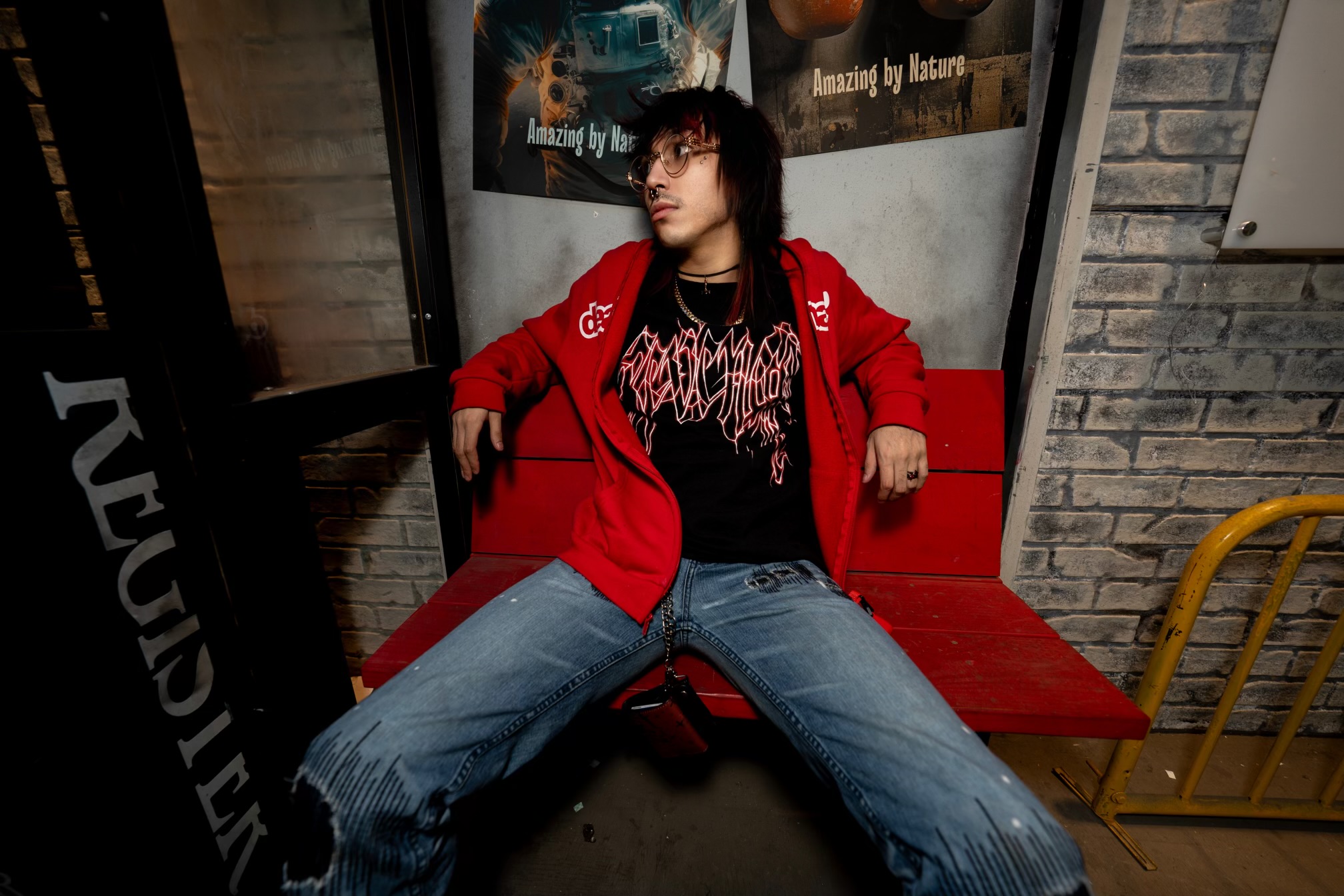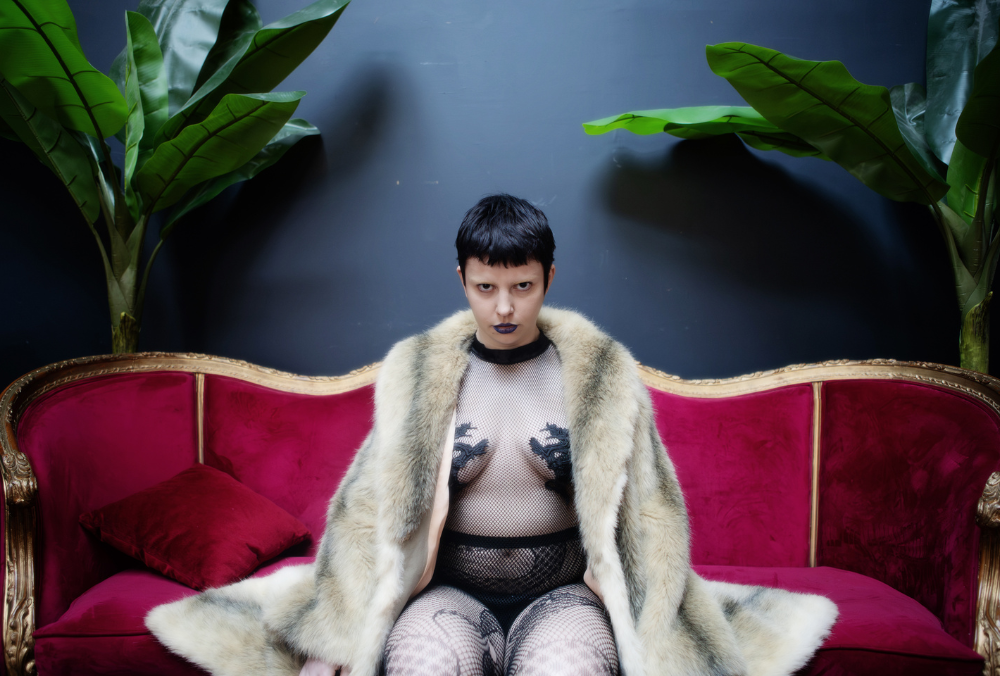After the colossal failure of The Promised Neverland Season 2, many people are reminded of all the sophomore seasons of anime that didn’t measure up to their successful first seasons. Of course, there are plenty of factors -- internal & external -- that can affect how a season of a series turns out. Nonetheless, it's a difficult task to hold up against a solid first outing.
In many cases, the second seasons’ failure is not the fault of their own, but they are seen as inferior follow-ups. Unfortunately, there are also examples where the second seasons are such blatant cash-grabs that are so egregious they cause an intense backlash. Whether it's poor decision-making, budget issues or the wrong studio -- here are some incredibly disappointing second seasons.
Black Butler Season 2
Black Butler Season 2 has the miserable combination of a manga being adapted way too early and its first season being way too successful. This led to the production committee quickly looking to cash in. The manga Black Butler began in September 2006 and was adapted into anime in October 2008, barely five volumes into the manga. The production had to create an original ending for the anime, but it was a huge hit internationally.
Following the success of Season 1, Season 2 quickly went into production with entirely original stories and characters since there weren’t enough manga chapters for a whole season. Unfortunately, the second season was received poorly due mainly because of the new characters -- who took up too much screen time -- and weren't likable. Meanwhile, all the familiar characters, including Sebastian and Ciel, are sidelined for no apparent reason. In a vacuum, it’s not the worst anime ever made, but it's very frustrating for fans of Black Butler to see everything they loved about Season 1 torn to shreds.
Season 2’s failure was so great that it took four years for a third season to be finally green-lit. Interestingly, Season 3 ignored the existence of Season 2 and faithfully adapted the third arc of the manga -- making it quite well-received
Aldnoah.Zero Season 2
Bad second seasons are not exclusive to adaptations, as original anime can easily stumble and fall with lousy writing or bad creative decisions. Such is the case with Aldonoah. Zero, which had a great creative team. The story was developed by Gen Urobuchi and is directed by Ei Aoki -- both are creative forces behind Fate/Zero. But this anime is not another Fate/Zero by any stretch. Instead, we get a soap opera version of Mobile Suit Gundam, and not necessarily in a fun way.
Season 1 had a promising start; the world-building is familiar but solid. The protagonist is intelligent and gave us some very clever mecha fights, plus there were political intrigues and a big cliffhanger to keep interests high for Season 2. Unfortunately, Season 2 saw the (figurative) character assassination of almost every central character from Season 1. Even when a character was shot in the head, they'd quickly receive a massive upgrade in the form of plot armor.
However, the most baffling part of Aldonoah. Zero Season 2 is its incredibly anti-climactic and contrived end to the central love triangle. To add insult to injury, the love triangle's disappointing ending is inexplicably the solution to all of Season 2’s problems too. It comes out of nowhere and makes very little sense, making it one of the most unfulfilling endings in anime.
Kemono Friends Season 2
The success of Kemono Friends Season 1 is nothing short of a miracle. The anime is a part of a dying media franchise, so no one expected it to do well. The anime was given a small budget and a tiny staff, but the director Tatsuki -- who put in all his effort for 500 days -- made the anime into the sleeper hit of 2017. The CG animation doesn’t look great, but it tells a layered and heartwarming story about humans co-existing with animals. Still, there are also larger mysteries and a hidden sense of unsettlement that drew viewers into this world.
However, soon after the anime’s surprising success, the franchise’s producer Kadokawa made the shocking decision of firing Tatsuki from the production, drawing massive criticism from the fanbase who knew how much the director had contributed to the anime. But the real insult started with Season 2’s airing. Even though the animation is noticeably better, the mysteries carefully set up in Season 1 are mostly ignored in the follow-up. Still, Season 2 tries to replicate Season 1’s success by copying familiar plot points while also subverting the predecessor's wholesome message about equality and turned the relationship between humans and animals unequal.
The disrespect Season 2 had for Season 1 was made abundantly clear by the end, which erased Season 1’s main character relationship. This, in turn, caused more backlash from fans, who rated the final episode of Season 2 the worst anime episode ever on NicoNico Douga, with a 2.6% positivity rate. In addition, three other episodes from the anime were also ranked within the worst ten.
One-Punch Man Season 2
Season 1 of One-Punch Man is another miracle but in the opposite direction of Kemono Friends. One-Punch Man gathered the top talent from the entire Japanese anime industry because it had a relaxed production schedule, and many people loved the source material. In addition, personal favors were pulled to get some people to join, including top animators from Studio Bones, Studio Trigger and Wit Studio, who pitched in on the animation. So even if One-Punch Man Season 2 continued with Madhouse and director Shingo Natsume, it wouldn't have been able to get back its original all-star team due to scheduling conflicts.
When the anime production moved to J.C. Staff, a studio known for slice-of-life comedies and light novel adaptations, it spelled certain doom for Season 2. There was no way to continue the incredibly high standards set by Season 1 even if J.C. Staff gave it all of their resources. Unfortunately, the production was also rushed, which showed in the lackluster animation not only during fast-paced action sequences, but characters can look out of proportion even in still images. In addition, the pacing is inconsistent, with plot points either feeling rushed or dragged on, killing any dramatic tension. All these problems resulted in a poor viewing experience, especially for weekly viewers.
As unfortunate as One-Punch Man Season 2 turned out to be, it taught an important lesson about selecting the proper studio for the right project. Season 1 was simply an impossible goal for any studio, so it's wrong to expect the same quality, but J.C. Staff didn't have the right resources to make the basics work.
About The Author
